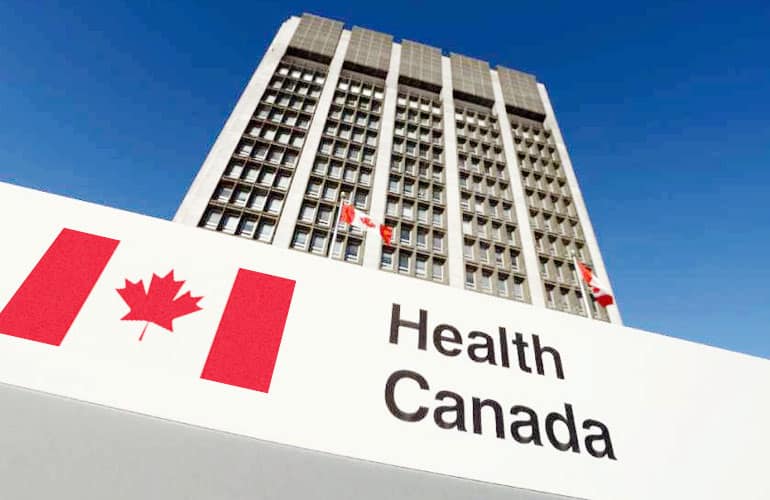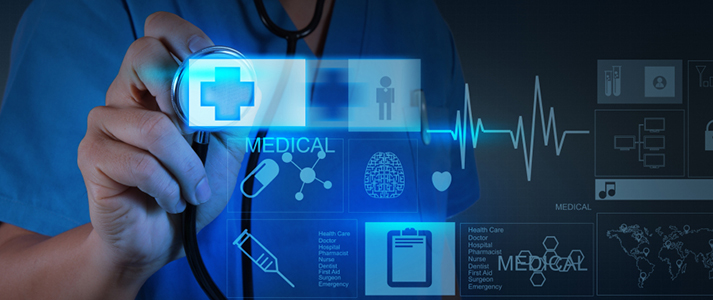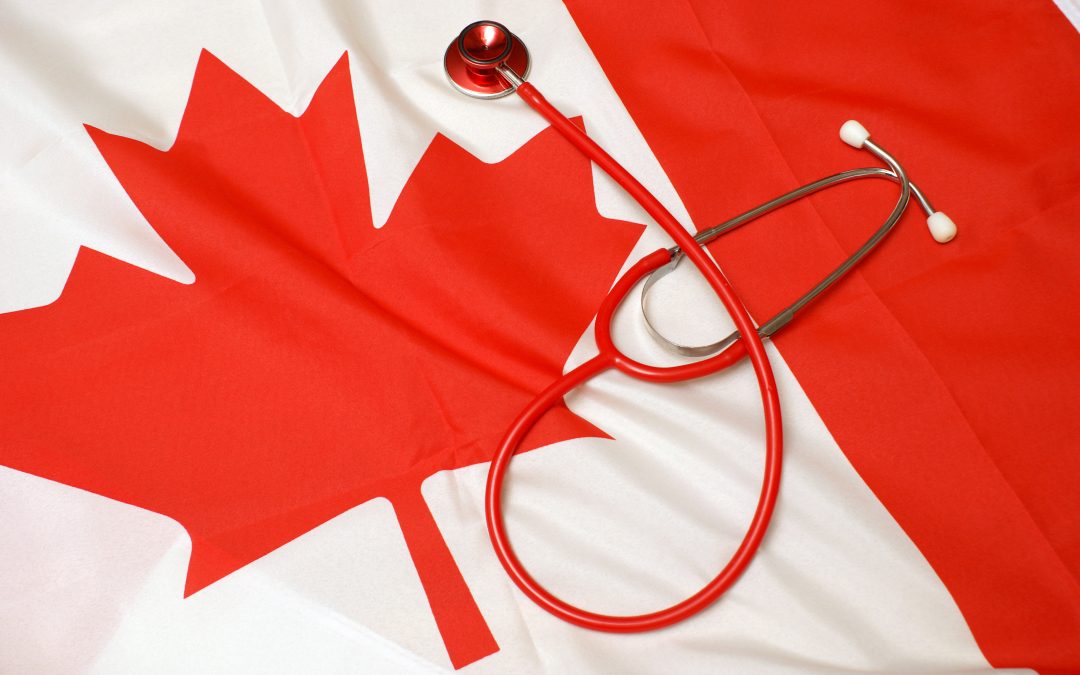Health Canada, the Canadian authority responsible for the regulatory framework for medical devices and other healthcare products, has published guidance dedicated to the licenses an entity shall obtain to be allowed to perform certain regulated activities. In particular, the authority describes the way the interested party shall apply for a medical device establishment license (MDEL) and also the regulatory requirements associated thereto.

The document is intended to provide additional clarifications and recommendations to be considered by importers and distributors of medical devices, as well as domestic manufacturers of Class I medical devices. Due to the legal nature of the guidance, it should be used for general informational purposes only. In the case of any discrepancies with the provisions of the applicable legislation, the latter shall prevail
The authority also mentions that due to additional restrictions imposed in the context of the outbreak of Coronavirus Disease 2019 (COVID-19), all applications should be submitted in electronic format.
Regulatory Background
As mentioned, the present Health Canada guidance provides additional clarifications regarding the regulatory requirements related to medical device establishment licenses. The scope of the document covers the following aspects:
- The initial application for an establishment license,
- Annual license review,
- Changes and amendments to an existing license,
- License withdrawal,
- Restoring establishment license after being suspended.
First, the document provides an overview of the most important concepts used in the context of medical devices. In particular, the authority states that under the applicable risk-based classification, all medical devices are divided into classes from I to IV depending on the risks arising when using them. Consequently, the regulatory requirements for high-risk medical devices are much more strict and detailed than the ones applied to low-risk products. In certain cases, a product could consist of a medical device and another therapeutic product – for instance, a medical substance, while each of the components constitutes a regulated product itself. The term “combination products” is used for healthcare products consisting of two or more healthcare products. The provisions of the present guidance will be applicable for combination products classified as medical devices due to the primary mode of action.
As described above, an establishment license is required for the manufacturers of Class I medical devices and also for importers and distributors of medical devices of all classes. At the same time, the manufacturers of Class II to IV medical devices are obliged to apply for a medical device license (MDL) in order to be allowed to market their products in Canada. Any and all entities engaged in the importation or distribution of medical devices in Canada should hold a valid medical device establishment license.
The authority also outlines two main obligations of the license holder, namely:
- Submit an annual license review application before April 1 of each year, and
- Notify Health Canada within 15 calendar days if there is a change to information under paragraphs 45(a) and (b) of the Medical Devices Regulations.
It is important to mention that for the purpose of the guidance, the term “distribution” covers all actions performed to make a medical device available for healthcare professionals and patients, including lease or rent.

Medical Device Establishment License Requirements
- Importing medical devices produced by the foreign manufacturer to Canada for further selling;
- Purchasing medical devices in Canada for the purpose of further reselling them;
- Selling medical devices by foreign entities to healthcare facilities;
- Selling medical devices by foreign manufacturers to Canadian importers;
- Direct shipments of Class I medical devices to Canada by a foreign manufacturer.
- Selling Class I medical devices by the foreign manufacturer to Canadian entity holding MDEL;
- Selling Class I medical devices by a domestic manufacturer.

MDEL Exemptions
- Importing medical device for personal use without the intent to make available to third parties,
- Retail (selling products directly to the users, conducted by resellers or manufacturers of Class 1 medical devices),
- Healthcare facilities using medical devices for their internal purposes, including providing care and treatment,
- Manufacturers of higher-risk medical devices provided that they hold the appropriate medical device license,
- Manufacturers of Class I medical devices, provided that they make their products available only to the license holders,
- Importing or selling medical devices intended for veterinary use only (the appropriate indication should be placed on the labeling of the device),
- Importing or selling medical devices intended for special purposes (e.g., investigations) or custom-made products,
- Storing medical devices without alienation of any kind.
How Can RegDesk Help?
RegDesk is a next-generation web-based software for medical device and IVD companies. Our cutting-edge platform uses machine learning to provide regulatory intelligence, application preparation, submission, and approvals management globally. Our clients also have access to our network of over 4000 compliance experts worldwide to obtain verification on critical questions. Applications that normally take 6 months to prepare can now be prepared within 6 days using RegDesk Dash(TM). Global expansion has never been this simple.

